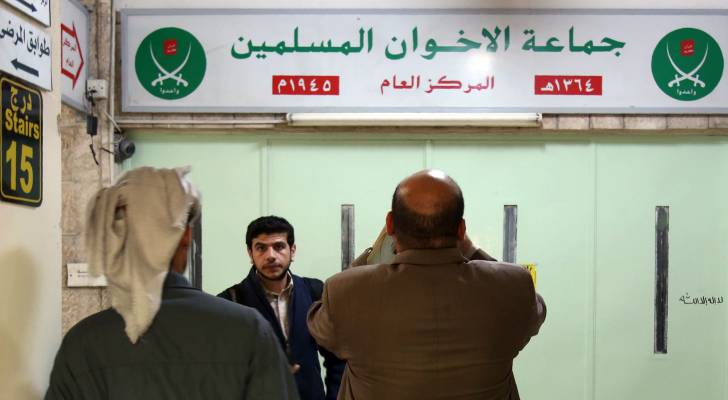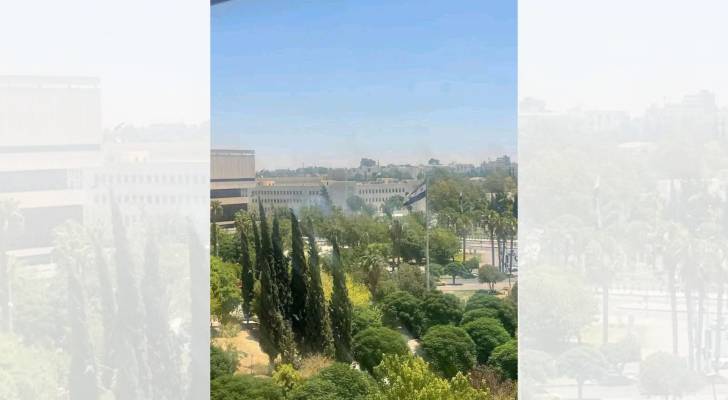Petra between a rock and a hard place - By Awni Kawar, The jordan Times
Petra, the ancient city came a surprising second beaten only by the Great Wall of China. In a global voting contest, that was held in July 2007, other new wonders including Christ the Redeemer in Brazil, Machu Picchu of Peru, Chichén Itzá, Mexico and Roman Colosseum in Italy and Taj Mahal in India competed with Petra, and 17 years anniversary celebrations took place during 2024.
We, tour operators and the government alike, must now adopt a forward-looking approach of advocating responsible tourism by planning well ahead to protect this 2,000-year-old marvel which has experienced the glories of different civilizations, including the Greeks, Romans and Nabatean Arabs. Judicious and prudent policies should be put forward by the government to ensure less impact on the antiquated site, so that the long-term preservation of this national treasure withstands the vagaries of time as it has done so in the past.
Many people have visited Petra over the last years, and this is likely to continue despite Gaza war set-backs. And in the interest of the convergence of global cultures and positive developments and bringing people together we can act to prevent a potentially divisive situation spiralling out of control while protecting our heritage for generations to come. Organisations local, regional and international and those interested in maintaining Petra's heritage, should instigate the government to come up with innovative ways to improve management practices and techniques to preserve the site, such as green tourism by using electrical vehicles and placing a quota on number of daily visitors through the Siq.
Specific action plans should be instigated to protect against damage and erosion, while maintaining the benefits of a steady tourism flow, now that Gaza tragedy is over and regional tension is gradually subsiding. Currently there are 3200 rooms in Petra and 1500 rooms under construction, trying to accommodate additional demand once tourism bounces back.
In spite of the unfortunate environmental impact -- which is why it needs to be managed effectively -- tourism is the largest industry in the world. By itself it is a global economy having many derivative sectors and supporting environmental conservation, and cultural heritage. Tourism supports poverty alleviation in different areas of the globe, including Jordan, by creating real sustainable local economies. It is involved in community developments, local projects, and different cottage industries, especially in rural areas. However, we must also brace ourselves for the inevitable; the Petra victory will create a great demand for this environmentally-sensitive product and will begin to permeate the insatiable demands of the tourism sector likely to set an economic wheel and chain in motion.
Since Petra is already a UNESCO World Heritage Site, watched over and monitored by international organisations and committees, protection is already high on the agenda.
The government can draw on local and international experts to provide the best advice, plans and methodologies. The eco-tourism perspective is developing in Jordan, and there are now seven nature reserves in the Kingdom, which aims at a happy medium between economics and environment, and business and heritage and culture. Petra can be protected from human tread if the double-edged sword element of tourism is kept under lock and key.
All new expected investments should stretch seasonality and lengthen the average stay resulting in higher room occupancy levels in the hotels. New developments should also stress the principles of responsible travel among local tour operators, especially in respecting local cultures, values and traditions, as many expect to see the numbers of tourists to Jordan and Petra grow exponentially in the coming years. And where it exceeded 1 million and 300 thousand visitors, during 2023, while Petra Authority has been working hard to improve the visitors experience through new products such as Petra night activities, Beidha events, experiences with local communities such as food and handicrafts, as well as adventure.
In spite of the unfortunate environmental impact - which is why it needs to be managed effectively - tourism is the largest industry in the world. By itself it is a global economy having many derivative sectors and supporting environmental conservation, and cultural heritage. Tourism supports poverty alleviation in different areas of the globe, including Jordan, by creating real sustainable local economies and is involved in community developments. However, we must also brace ourselves for the inevitable; the Petra visitors return during next season, will create a great demand for this environmentally-sensitive product and will begin to permeate the insatiable demands of the tourism sector likely to set an economic wheel and chain in motion once again after more than 20 months in paralysis.
Latest News
-
 Legal expert outlines repercussions for Muslim Brotherhood financial scheme in Jordan
Legal expert outlines repercussions for Muslim Brotherhood financial scheme in Jordan
-
 “Israeli” military attacks Syrian army headquarters
“Israeli” military attacks Syrian army headquarters
-
 Over 30 million JD: Jordan authorities uncover massive Muslim Brotherhood covert funding scheme
Over 30 million JD: Jordan authorities uncover massive Muslim Brotherhood covert funding scheme
-
 Syria announces ceasefire in Druze-majority Suwayda after deadly clashes
Syria announces ceasefire in Druze-majority Suwayda after deadly clashes
-
 “Israel” says striking Syrian govt forces in Suwayda
“Israel” says striking Syrian govt forces in Suwayda